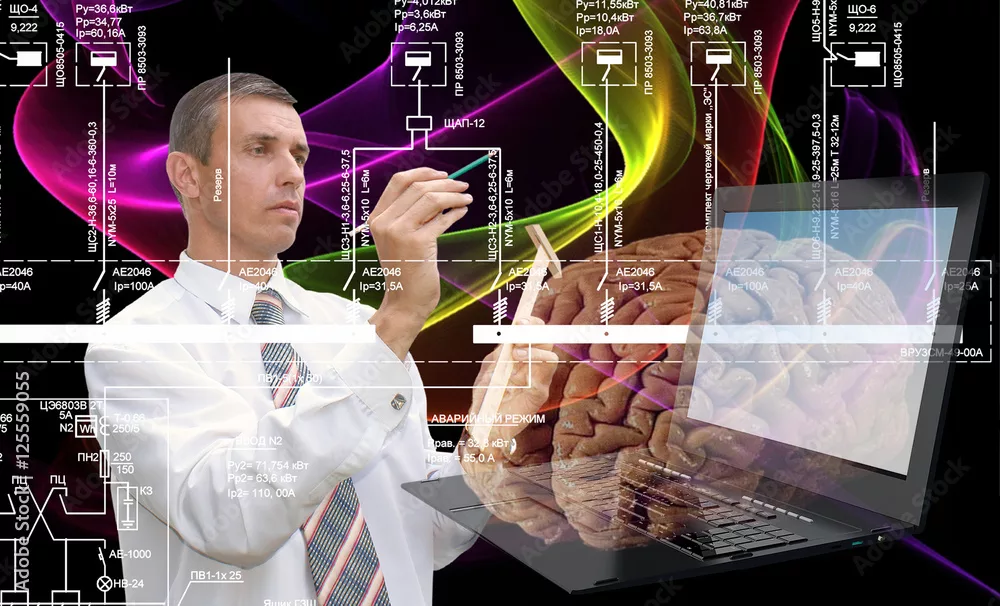Neuroscience-Based Brain Stimulation Therapies
Integrating Neuroscience-Based Brain Stimulation Therapies Into Clinical Care TBI, PTSD, Addiction
We integrate all of these approaches in our program at Inspire Malibu treatment center, where we have a proven track record as pioneers in this field. Our team of experienced healthcare professionals combines neuroscience-based brain stimulation techniques, medications, and therapy to create comprehensive and individualized treatment plans for our patients. Through this integrated approach, we aim to optimize outcomes and provide support for our patients as they work towards recovery and improved mental health.

The Neuroscientific Basis of Clinical Brain Stimulation
Medications, and therapy has been shown to lead to the best available outcomes for patients dealing with addiction, traumatic brain injury (TBI), post-traumatic stress disorder (PTSD), depression, and other neuro-psychiatric illnesses. Here’s how these approaches can work together:
Neuroscience-Based Brain Stimulation Techniques:
Techniques like Photobiostimulation, transcranial direct current stimulation (tDCS) and other available modalities can be used alongside medications and therapy to target specific brain regions and promote neuroplasticity. These techniques have shown promise in treating depression, addiction, and other neuro-psychiatric conditions. By stimulating the brain, they can enhance cognitive function, improve mood, and reduce symptoms.
1: Medications:
Medications play a crucial role in managing neuro-psychiatric illnesses. For example, in addiction treatment, medications such as buprenorphine, methadone, or naltrexone can help reduce cravings and withdrawal symptoms. In depression treatment, antidepressants like selective serotonin reuptake inhibitors (SSRIs) or serotonin-norepinephrine reuptake inhibitors (SNRIs) may be prescribed. Medications can be combined with brain stimulation techniques to optimize treatment outcomes.
2: Therapy:
Therapy, including cognitive-behavioral therapy (CBT), dialectical behavior therapy (DBT), and trauma-focused therapy, is essential in addressing the underlying psychological and emotional factors associated with neuro-psychiatric illnesses. Therapy helps individuals develop coping strategies, improve emotional regulation, and build healthier thought patterns. It can be integrated with brain stimulation techniques and medications to provide a comprehensive treatment approach.
By combining these approaches, healthcare providers can tailor treatment plans to meet the specific needs of each patient. The integration of neuroscience-based brain stimulation techniques, medications, and therapy allows for a multidimensional approach to address the complex nature of addiction, TBI, PTSD, depression, and other neuro-psychiatric illnesses.
This holistic approach aims to enhance brain function, alleviate symptoms, promote healing, and improve overall well-being, leading to the best possible outcomes for patients. It’s important to note that individual variability should be considered when determining the most effective treatment plan for each patient.